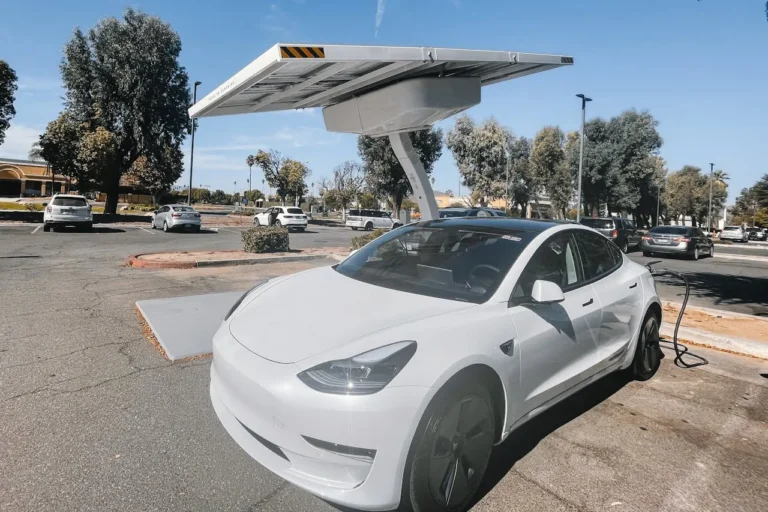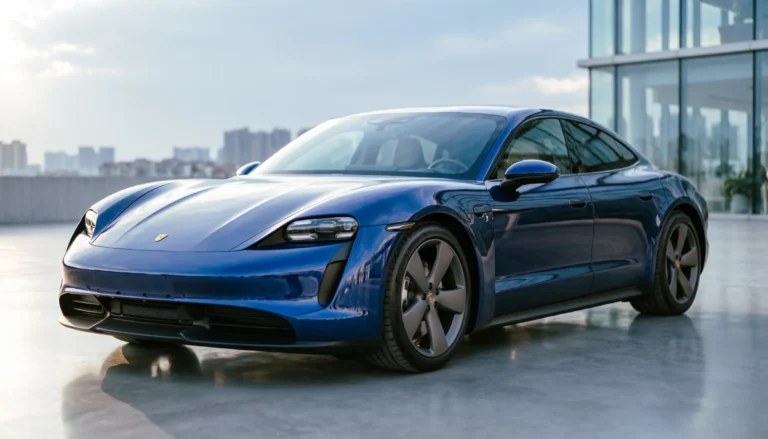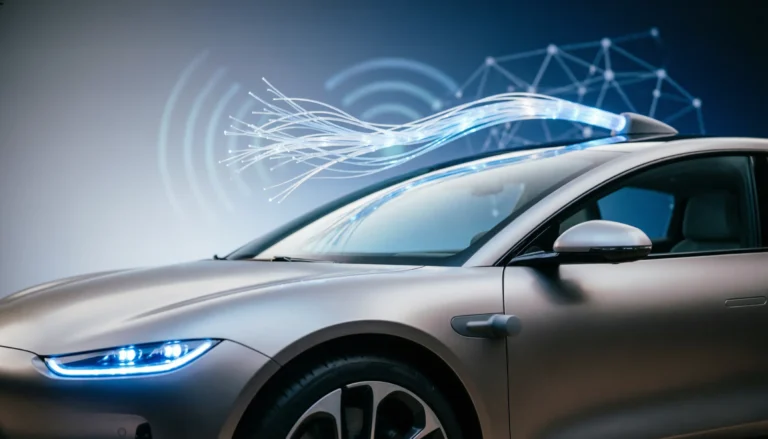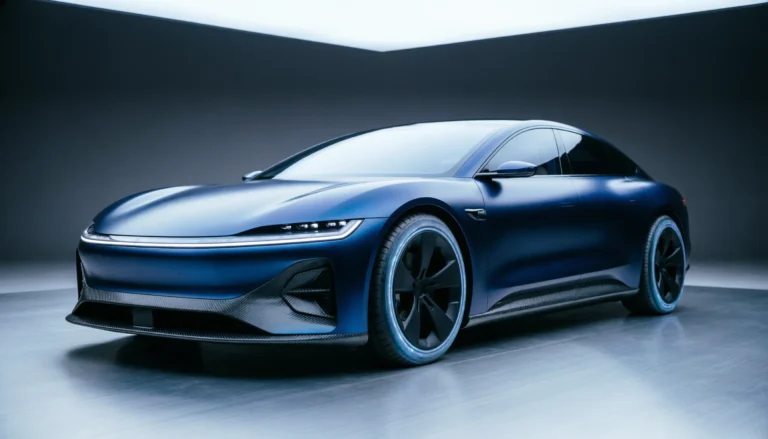
ChargePoint, a leading provider of networked EV charging solutions, has announced key trends it believes will drive future growth in the industry. The company, which serves all electric vehicle segments, is focused on innovation and developing solutions for the evolving EV ecosystem.
“The charging industry often discusses the present but overlooks the future,” said ChargePoint CEO Rick Wilmer. “We are excited to share the trends and technologies that we believe will disrupt EV charging and shape its future.”
ChargePoint anticipates significant advancements, especially in the software powering EV chargers. These developments will revolutionize the hardware it manages and contribute to new Vehicle-to-Everything (V2X) capabilities, which will reshape the economics of home, fleet, and municipal charging. Automakers are recognizing the importance of charging solutions to enhance customer experience and drive vehicle sales. The latest generation of EVs now comes equipped with features like a 300+ mile range and 800-volt architecture for faster charging.
For EV drivers, improved reliability is a priority. The industry is addressing past issues like interoperability problems and aborted charging attempts. “Plug and Charge” is rolling out, allowing seamless charging without authentication or additional devices—just plug in and go. ChargePoint is leading this innovation, enabling compatibility between previously incompatible cars and charging networks.
Software is central to the future of EV charging, unlocking benefits such as real-time charger visibility, AI-driven reliability, and power-sharing for efficiency. The ecosystem is moving towards “software-defined charging,” where cloud-based innovations drive success.
On the hardware side, costs are decreasing while functionality expands. AC charging will remain standard for home use, while DC will become the preferred choice for Vehicle-to-Home (V2H) capabilities, integrating with solar power and backup electricity solutions. Public and commercial charging will focus on more affordable DC solutions, with standardized fast charging speeds based on business types, such as 50 kW for convenience stores and 400 kW for travel centers. These advancements, along with V2X capabilities, will allow charging stations to support the electrical grid.
Automakers are now fully invested in improving the EV charging experience. The next generation of vehicles will feature bidirectional energy capabilities, faster charging speeds (up to 600-700 kW), and lighter, more efficient batteries.
In conclusion, ChargePoint and other industry leaders are addressing the challenges of first-generation EV technology. As they move forward, the focus will shift to affordability, reliability, and advanced features, positioning ChargePoint at the forefront of these developments.
ChargePoint and its logo are trademarks of ChargePoint, Inc. All other trademarks mentioned belong to their respective owners.







